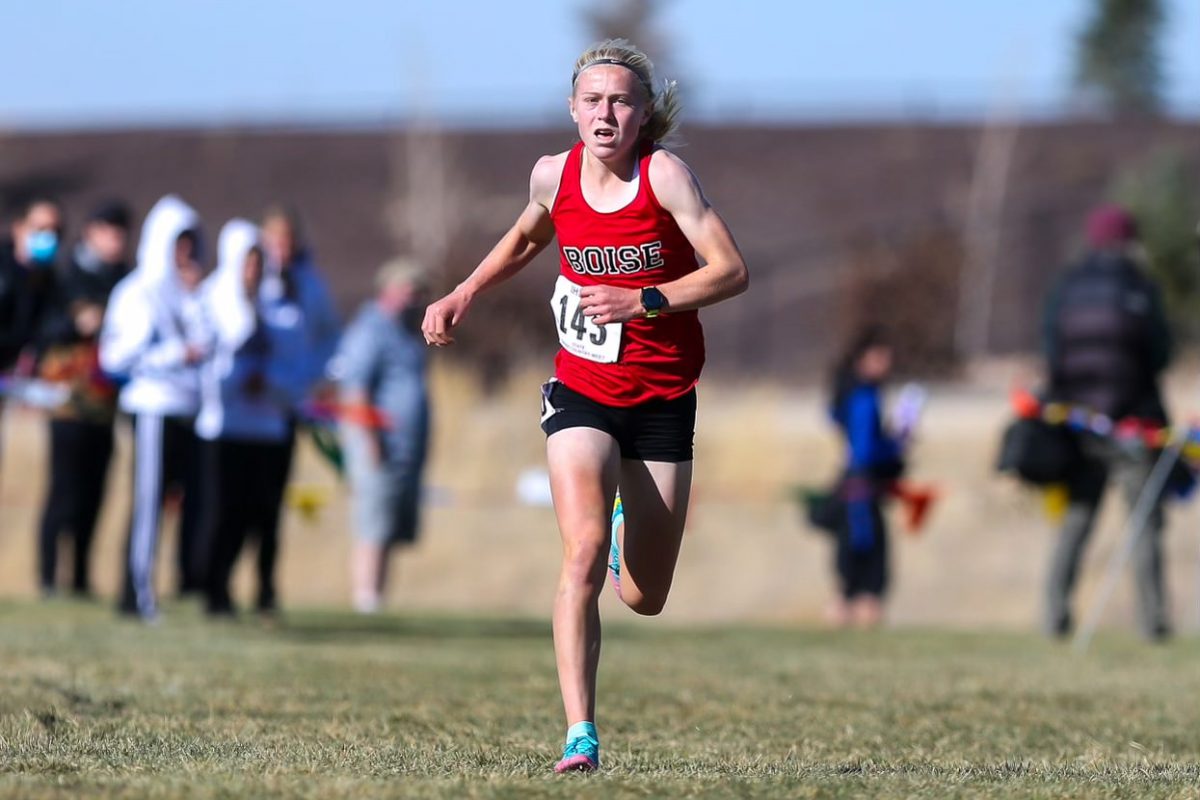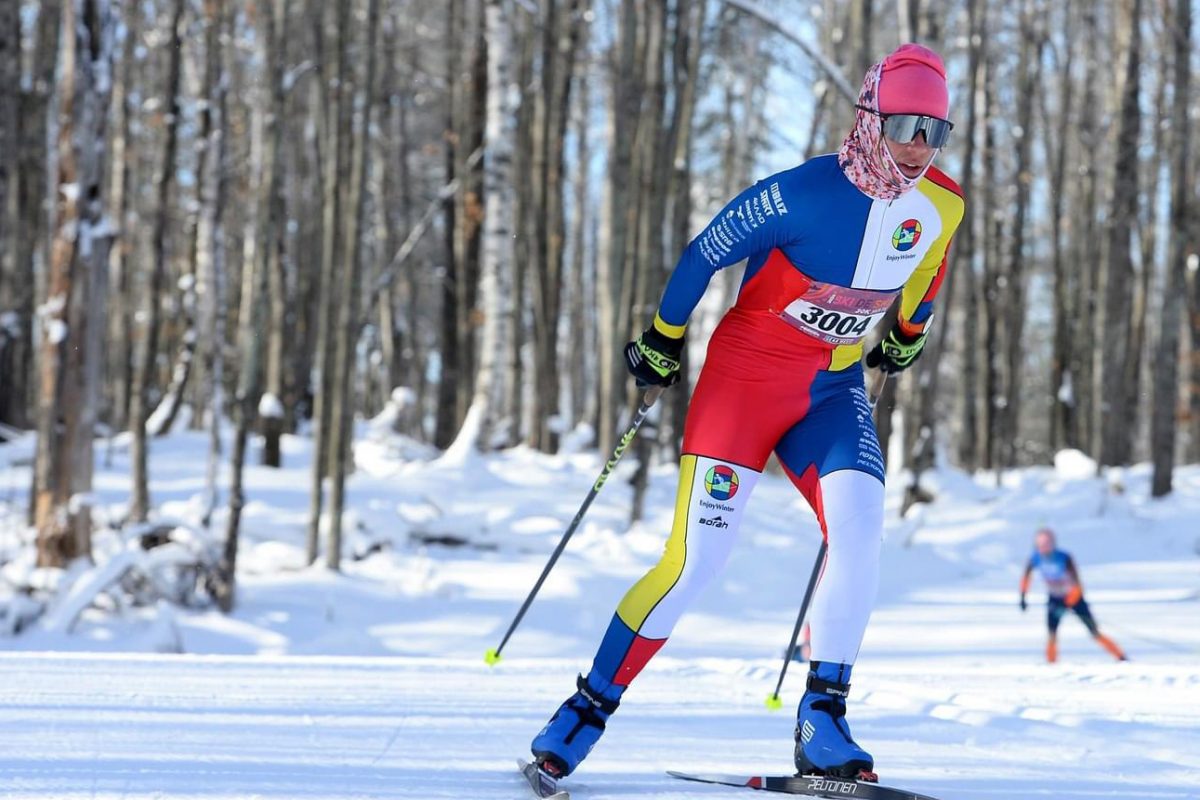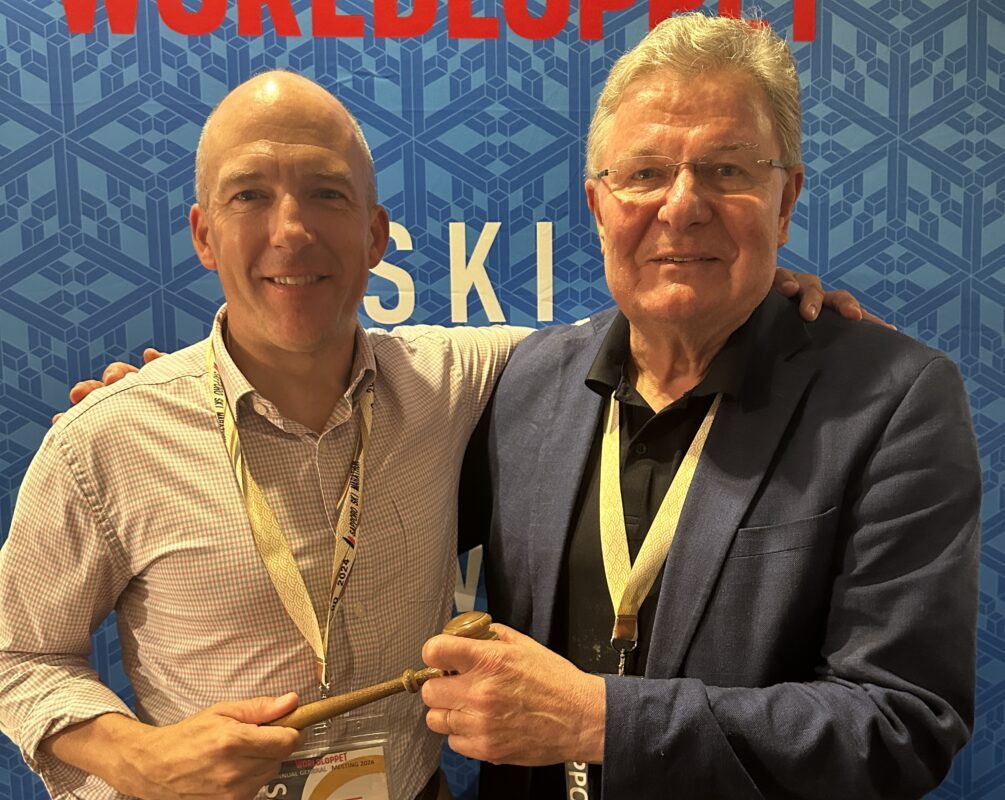Today, March 8th, is International Women’s Day, which celebrates “the social, economic, cultural, and political achievements of women.” Simultaneously, International Women’s Day is a call to action, recognizing the disparity and challenges women face for a variety of reasons in different realms of society, and seeking change.
While the American women’s team has put together an ever-growing highlight reel on the race course, cross country skiing, like most sports, remains male dominated when it comes to leadership, coaching, and technical roles.
That is not to say women are eternally trapped under a glass ceiling in the sport. Organizations like the Women Ski Coaches Association have already taken significant strides forward in connecting, empowering, and supporting women in leadership roles nationwide. Simultaneously, U.S. Ski & Snowboard has created working groups to discuss ways to develop and promote women, included presentations from Dr. Nicole LaVoi of the Tucker Center for Research on Women & Girls in Sport into annual meetings, and more recently supported developing coach Kristen Bourne through an opportunity to shadow, coach, and tech at the World Cup level.
Today, we are excited to share an interview with retired athlete Annie Pokorny, who has recently transitioned into the role of technical delegate (TD). At the 2022 U.S. Cross Country Championships in Soldier Hollow, Pokorny worked alongside long-time TD Lin Hinderman as the first ever all-female TD/TDA (assistant technical delegate) team in the event’s history.
A Sun Valley, ID native, Pokorny raced professionally until 2017, after graduating from Middlebury College and training with the SMS T2 and SVSEF Gold Team programs. After retirement, Pokorny returned home to the Sun Valley area, where she works full time in addition to her contributions to the ski community as a TD.
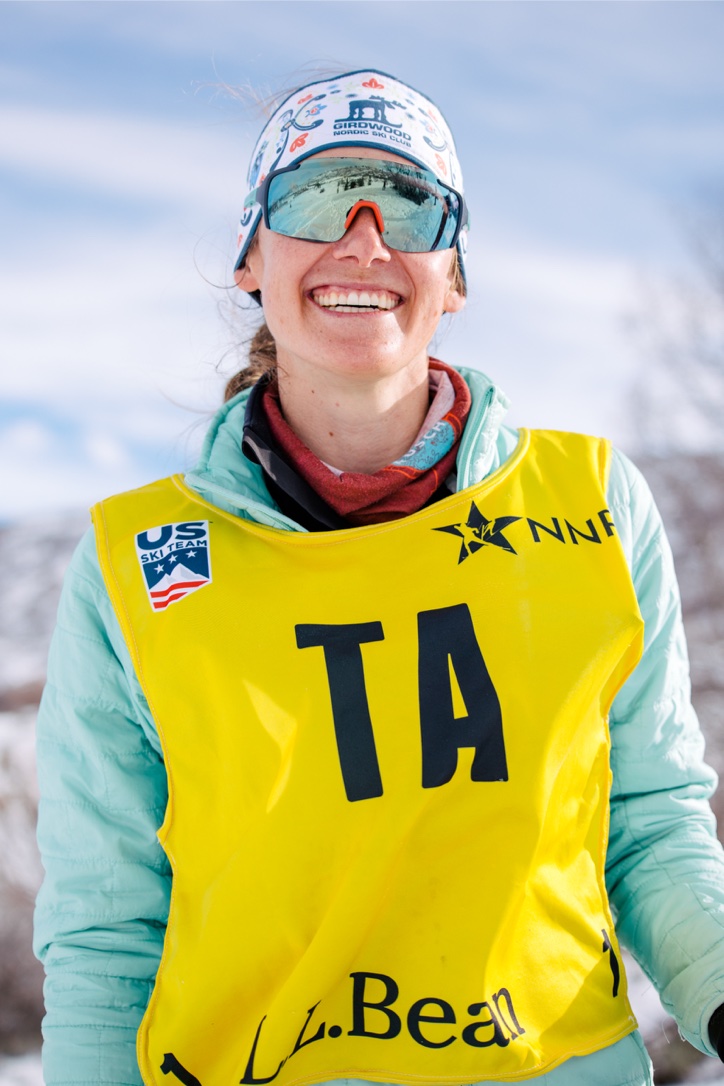
FasterSkier (FS): When did you begin the process of becoming certified as a TD? What was your experience like with the certification process? Were you able to “fast-track” given your experience as an athlete and has your experience as a high level racer been an asset?
Annie Pokorny (AP): This is my fourth season as a TD. I attended my first TD training at West Yellowstone in 2018, where I earned my level 1 certification by attending seminars on rules and procedures and passing an exam. Level one means that you can work as an assistant in any US Ski and Snowboard or FIS sanctioned race. After working a certain amount of races under evaluation by your TD, you can be promoted to a level 2 TD, which means that you can be the head TD at US Ski and Snowboard sanctioned races and be an assistant at FIS sanctioned races. In order to earn your level 3, you have to work a certain number of races as assistant under evaluation of the head TD and attend the regional FIS conference where you are evaluated by FIS TDs in the U.S. and Canada and graded on a set of qualifiers to become a FIS TD. (See Assessment Part B here.)
I say all this to illustrate that there is quite the process to becoming a TD! This process usually takes about six years to become a level 3 TD. I earned my level three in the fall, and was fast tracked through the process by getting the opportunity to work twice as many races every year than are required. Not all candidates are (or want to be) fast tracked, but US Ski and Snowboard gave me the support and opportunity to get to the higher levels and pull on my experience as a racer while it was still fresh. Through the experience I have really enjoyed opportunities to be mentored by long-time TDs, and to add my voice and experience as a racer to the decision making process on the jury.
FS: Your dad is also a TD and has been involved in TD education over the years. Did his position/experience influence your decision to become a TD also? What/who were some of the other factors/people that motivated you to become a TD?
AP: My dad is the ultimate TD! He got into it while I was in high school as a way to stay involved while I was racing. When I decided to leave full-time racing, he was whispering in my ear that I should consider being a TD. I wasn’t ready for it right out of the gate, I needed some space from the sport to decide how I wanted to participate in the future. It wasn’t until I was on a bus in St. Louis with a client from work who is involved in skiing on the Alpine side. We were talking about skiing and he asked how I was giving back to the sport that raised me. Without thinking I said I was going to be a TD. I guess that kind of sealed the deal.
FS: Has there been anything about the role, or a situation that you’ve faced, that surprised or challenged you?
AP:There have been plenty of challenges in becoming a TD, most of which were fun challenges. First, there are so many rules, far more than I had an appreciation for when I was racing. There are plenty of athletes that know the rules (shoutout to you, Tyler Kornfield) I just wasn’t one of them. When I first started, I had the benefit of racing to know generally how things should be, but had to study the International Competition Rules (ICR) to support the organizing committee (OC) on the finer details. For example, do you know how many meters should be between each track into a finishing lane of a mass start classic race? I do!
The next thing that surprised me was how much work goes into putting on a ski race. Whether it’s a regional Junior National Qualifier or a national-level race, hundreds of hours go into grooming, preparation, planning, regrooming, replanning (especially in the era of COVID), training on new ICRs, coordination and fundraising – almost all of which is on a volunteer basis. My teammates, coaches, and I were always courteous and said thank you to volunteers, but it wasn’t until I was on the other side that I understood how much heart goes into every race day. The racers aren’t the only passionate ones out there, which is pretty cool.
The most challenging thing is making tough decisions when the answer isn’t clear. There’s a bad side to everyone feeling so passionate about the sport, too, because sometimes the decisions the Jury makes when trying to be fair feel personal to athletes (or their support systems). Even worse is making the wrong call, which I’ve done. Like all things, you have to own up to your mistakes and learn from them. The thing about being a TD is that if you do your job perfectly, and make all of the right calls, the race participants shouldn’t even know you’re there. If you make a mistake, folks get pretty fired up, pretty fast. I know what that’s like. I had a handful of reprimands as an athlete (the most severe of which was delivered to me by my dad), but it never gets easy to deliver bad news.
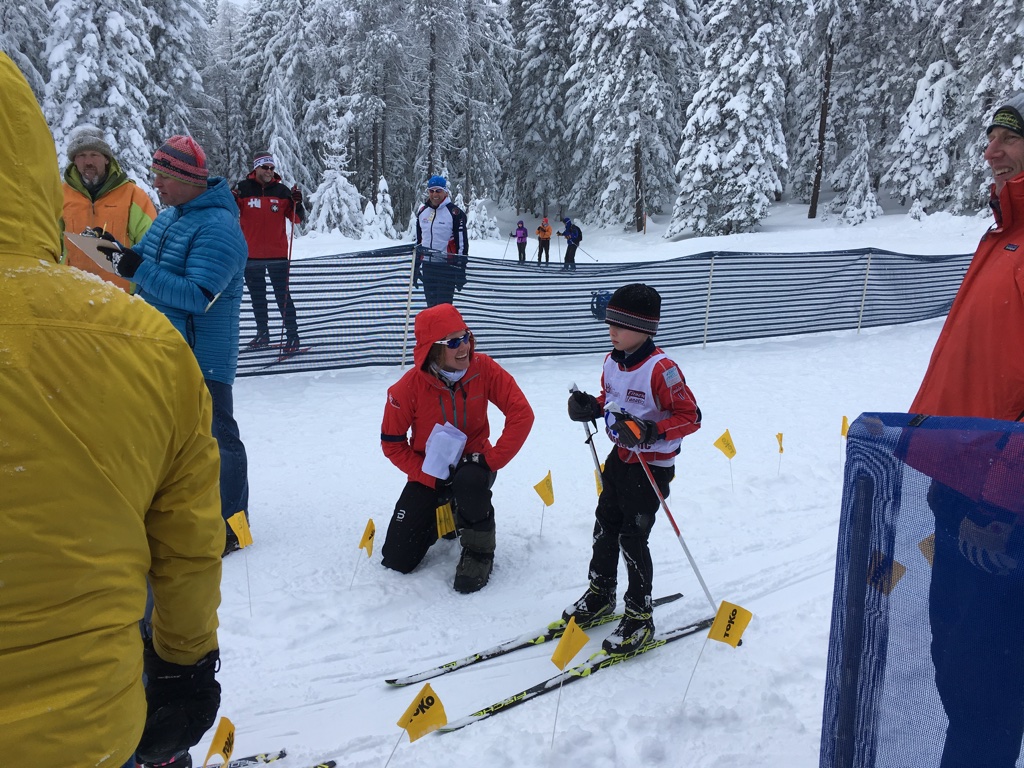
FS: There is an overall need for TDs in the U.S., and while there are some noteworthy female TDs who have or will be jury members at the World Cup, World Championship, and Olympic level, there are few women in the role domestically. We ran an article about the need for TDs in 2017 and at the time, there were only 10 women listed in the U.S. Is this something that you considered prior to becoming a TD? How do you see yourself contributing to the increased presence of women in leadership roles in our sport domestically?
AP: My decision to become a TD mostly had to do with wanting to make use of a decade of racing experience – the idea that I would increase representation for women in leadership positions in the sport was just an added bonus. There is certainly an intentionality across the sport to increase representation, whether through the work of the Women Ski Coaches Association or the working groups within U.S. Ski & Snowboard. FIS and U.S. Ski & Snowboard are both increasing opportunities for different voices in leadership and I’ve been a beneficiary of that. I feel lucky to have felt support from all angles. I’ve heard some horror stories of what it feels like to be a woman TD in Europe, and have always felt respected in my roles here in the States. I attribute that respect in part to my racing background and, more hopefully, to a changing culture.
At the end of the day, representation matters most if you do a really good job. I’ve benefited from the mentorship of several TDs, men and women, and want to be a contributor to the sport. Being part of the the first all-female TD leadership team at U.S. Nationals came with a little bit of pressure, but we were supported by a fantastic jury and OC to put on world class racing. It never comes without its challenges, but I’m proud of every race I’ve gotten to work.
FS: What was it like being back at U.S. Nationals, this time in the role of TD versus athlete?
AP: Being back at Nationals was two parts inspiring, one part heartbreaking, especially in an Olympic year. An important part of being a good TD is putting yourself into the shoes of the racers and support teams to build a safe and fair event. In addition to knowing the rules and having an analytical mind, you also have to empathize with the people actually doing the thing! I think I take that empathy to the next level on race day. I know what it’s like to have the race of your life, and I also know what it’s like to merely be trying to get to the finish line. I’m watching these athletes very closely all day, and I absorb all of the different emotions, good and bad, as they pass by.
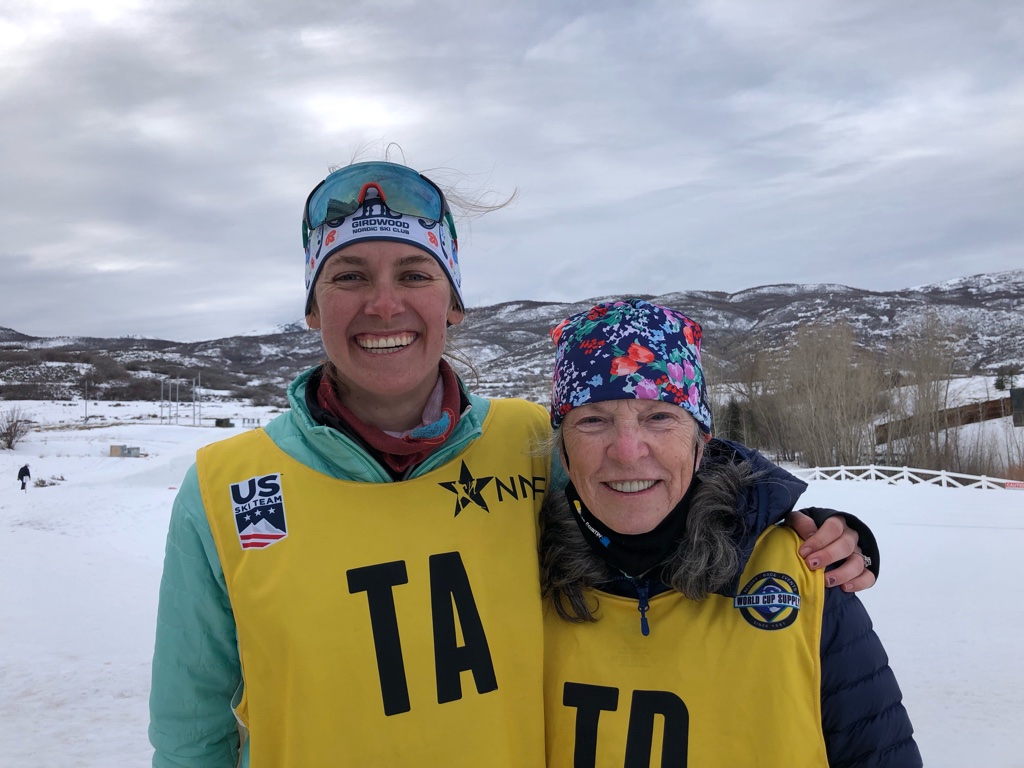
FS: Are there any specific goals you’d like to achieve or future roles you’d like to play that are connected to this role?
AP: I’m grateful for this year’s opportunity to work at U.S. Nationals, and would like to continue to improve and grow to work on the national level in Canada and abroad. Any way I can support the growth of the sport in U.S. will work for me, whether getting to be on a OC for a larger race, or having the opportunity to be on the jury. But my most important future role will be continuing to participate in smaller, local races. Without quality racing at the local and regional level, we don’t create high level athletes that compete on the world level.
FS: In your post-ski racing career, how has your relationship to the sport shifted? I.e., have you always wanted to stay engaged in cross country skiing and contribute to the ski community, or has there been an ebb and flow in the involvement you’d wanted to have?
Remaining involved in skiing has been important for me at this time in my life.
Leaving skiing is hard. It can be really hard to figure out where skiing fits into your life after you stop putting on race bibs. It took time for me to figure out who I was without skiing, let the wounds from racing heal, let the good memories begin to flourish, and decide that I wanted to rejoin the community. I quit racing earlier than planned in order to preserve my relationship with the sport. I knew I would be involved for life but I just didn’t know exactly how.
For me, the first year out of racing was about finding my balance and health. After a while I realized that although I liked being a casual weekend skier, I really missed being around racing. The problem was that coaching or racing wasn’t the right path for me. Being a TD has been the perfect opportunity for me to continue to learn in the sport and contribute. I’ve had the benefit of getting to step back into the high energy world of racing. I get to enjoy the music, sunshine, and excitement of race day, but without the lung burn.
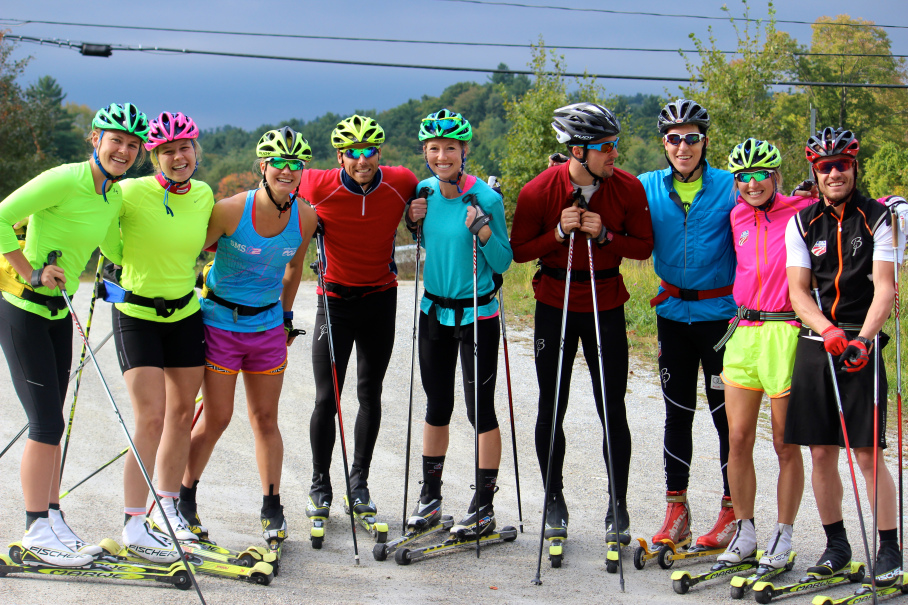
Rachel Perkins
Rachel is an endurance sport enthusiast based in the Roaring Fork Valley of Colorado. You can find her cruising around on skinny skis, running in the mountains with her pup, or chasing her toddler (born Oct. 2018). Instagram: @bachrunner4646

